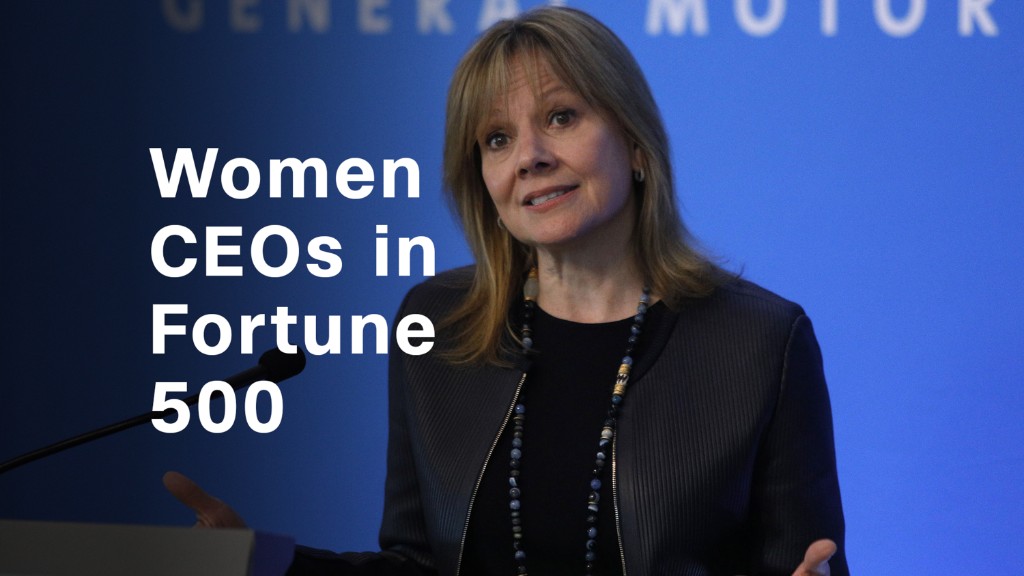
Even at the very top of their fields, women can't escape stereotypes.
A man apologizes for foul language in front of a female colleague, assumes the female employees will handle the office chores, or offers to shoulder more burdensome work to "spare" female colleagues.
New research shows that such examples of "benevolent sexism" — behaviors that are seemingly positive on the outside, but toxic on the inside — follow women all the way to the C-suite.
"I'm not advocating for someone to never open a door for a woman again, but understand we have a system that places females on a pedestal at times, and systemic biases get set into place," says Abbie Griffith Oliver, a University of Georgia doctoral candidate. "They can potentially have these negative ramifications that you don't even realize."
While "hostile sexism" takes forms many have come to expect — snide comments, rude jokes, sexual harassment, outright pay discrimination — benevolent sexism is a bit sneakier to spot. It's an extension of an age-old idea: that men are bold and women are weak.
Related: This is what women have to do to become CEO
In a study of 523 companies, Oliver and her colleagues found that board members will expect female CEOs to act as "collaborators" — a role that stems from stereotypes that depict women as trustworthy, conflict-soothing moderators. But when working with men, board members were more likely to view the male CEO as a "self-interested or opportunistic" figure, someone whose behavior should be monitored.
At first glance, this may seem like a good thing for women leaders, until you examine the reasons behind it.
People who exhibit benevolent sexism may think of women in objectively positive ways: as nurturing. But this attitude also means women can miss out on the networking opportunities and stretch assignments that enrich their male counterparts' careers.
Even in positions of leadership, women still face a double standard, Oliver says. On one hand, aggressive or "masculine" traits make them less likeable; on the other, they're still fighting to overcome these female stereotypes that pigeonhole them in certain roles.
Related: The importance of having women on professional stages
Benevolent sexism hurts women the most when it turns into hostile sexism, which it almost inevitably does, says Peter Glick, social sciences professor at Lawrence University.
"Benevolent sexism is contingent on women fitting into a certain kind of mold — not challenging male authority, for instance, or being in a more traditional or supportive role, rather than being in charge," he says. "And that's where it is problematic."
In countries with high rates of benevolent sexism, there are also high rates of hostile sexism, Glick says. Both spring from the same stereotypes — that women are "wonderful" but inferior.
"It's not about opening doors for women. It's about this patronizing attitude where you pat them on the head, but if they're ambitious, then the hammer comes down," Glick says.
